- Empty cart.
- Continue Shopping
Tropical Apricot
Original price was: ₹780.00.₹458.00Current price is: ₹458.00.
Genus : Prunus
Indulge in the tropical flavors of the Tropical Apricot Plant. This delightful plant produces juicy and flavorful apricots that are a true treat for your taste buds. Experience the joy of growing your own apricots and enjoy their deliciousness straight from your garden.
Tropical Apricot, also known as Prunus armeniaca, is a fruit tree species that is native to Central and East Asia. It belongs to the Rosaceae family and is grown primarily for its small, sweet, and juicy fruits.
The Tropical Apricot tree is a deciduous tree that can reach up to 6 meters in height. Its leaves are ovate and serrated, and its flowers are white or pink and bloom in the spring. The fruits of the Tropical Apricot tree are usually 2-3 centimeters in diameter and have a fuzzy skin that ranges in color from yellow to orange. The flesh of the fruit is juicy and contains one seed.
Tropical Apricot is consumed as a fresh fruit, and its pulp is often used to make jams, jellies, and desserts. The fruit is also used in traditional medicine to treat various ailments, including constipation, coughs, and respiratory infections.
The Tropical Apricot tree is easy to cultivate and is grown in various parts of the world, including South and Southeast Asia, Africa, and Australia. It prefers a warm and dry climate and is tolerant of a wide range of soil types. The plant requires regular watering and can be propagated from seeds or cuttings.
The Tropical Apricot tree is an important source of food and income for many small-scale farmers in Asia. The fruit is also gaining popularity in the global market due to its unique taste and health benefits. It is rich in vitamins, minerals, and antioxidants and has been shown to have anti-inflammatory and anti-cancer properties.

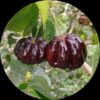

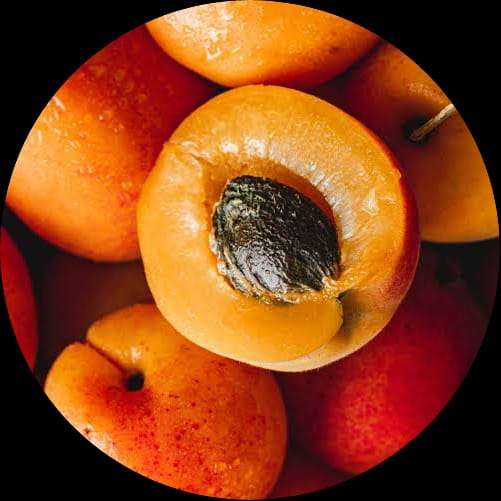
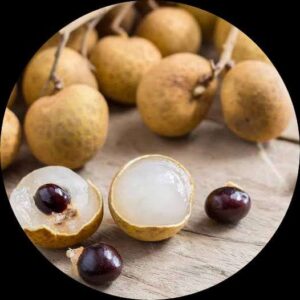

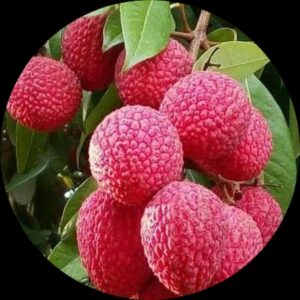

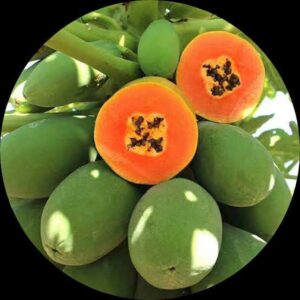

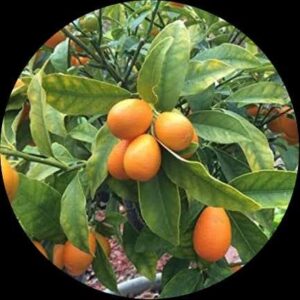

Reviews
There are no reviews yet.